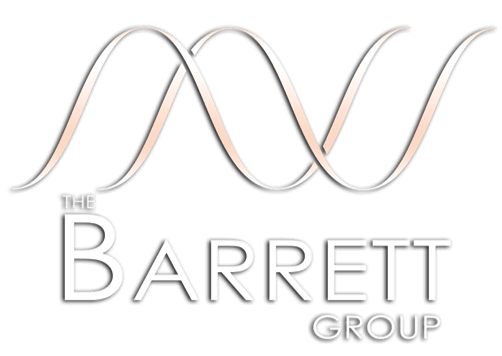The Most Precious Aspect of Human Experience
In my time as a business coach, I often worked with teams. Beyond the non-verbal trading exercise that required executives to communicate without speaking, my second favorite activity was to ask the team “What is the most precious aspect of human experience?”
Inevitably there were a few blank stares and then someone would raise a hand and offer “Love?” “Health?” someone else would propose? “Friendship?” “Wealth?” The list would grow and I would dutifully write all of the proposals on the board until the flow stopped.
Then I would continue, “Now suppose you could have all the wealth in the world, but no time to enjoy it? Or all the love, or health, but again, no time to enjoy them…?”
Next came a collective groan from the team as they realized suddenly that, in fact, the most precious aspect of human experience is probably time. (One might argue that consciousness is even higher on the scale, since without that, one could not even experience time, however, let’s leave that to the philosophers.)
From there I would usually go into a discussion of how the team used their time. Brian Tracy, a well known business coach and author, suggests the dichotomy “important and urgent” as being helpful in prioritizing. Any given subject or activity can be important and urgent, important and not urgent, not important and urgent, or not important or urgent…
If you were to apply this logic to your day to day activities, you would probably find yourself following very different priorities.
So how is this relevant to career change, the subject of this blog?

Well, the point is that your time is valuable. If you are in a job you love that pays you well, good on you and good luck! But most of the executives who approach the Barrett Group are not in this position. Something is not right about their working life. They are in pain emotionally, financially, psychologically… And our role is to act as a doctor, to diagnose the condition, to suggest a prescription or remedy, and then to help administer the cure through knowledge, support, and discipline.
Many executives, though, prefer to procrastinate and to put off the job search for another indeterminate time in the future when conditions will be “right.”
To these executives, and there are very many in this category, I would suggest they reflect on the value of time. Unhappiness breeds ill health, so how much longer should you stick with a role, a company, or a set of duties that makes you unhappy or leaves you unfulfilled?
In fact, our Clarity Program© helps executives clarify their career objectives and develop a robust and wholistic target that takes personal fulfillment fully into account. It also garners a 90% “excellent” rating among our clients.
Tomasz, who heads up our operations in Europe, boils this down to an R.O.I. equation, calculating the return on investment that an executive receives when he or she signs on with the Barrett Group, and it is certainly true, that we accelerate our clients’ job searches.
Think about it: the average executive looks for a new job perhaps 3 or maximum 4 times in his or her working life. We have helped literally thousands of executives over the last thirty years and amassed a tremendous store of knowledge, experience, and tactics that have worked for them. It would be odd if all of this experience did not yield a benefit in terms of time saved and successful job search acceleration. So we, too, make our subtle contribution to the most precious aspect of human experience by saving executives time in their search for professional fulfillment.
That’s one of the reasons we receive so many testimonials and expressions of thanks from our clients, and that makes us feel that our time has been well spent.
Peter Irish
CEO
The Barrett Group

